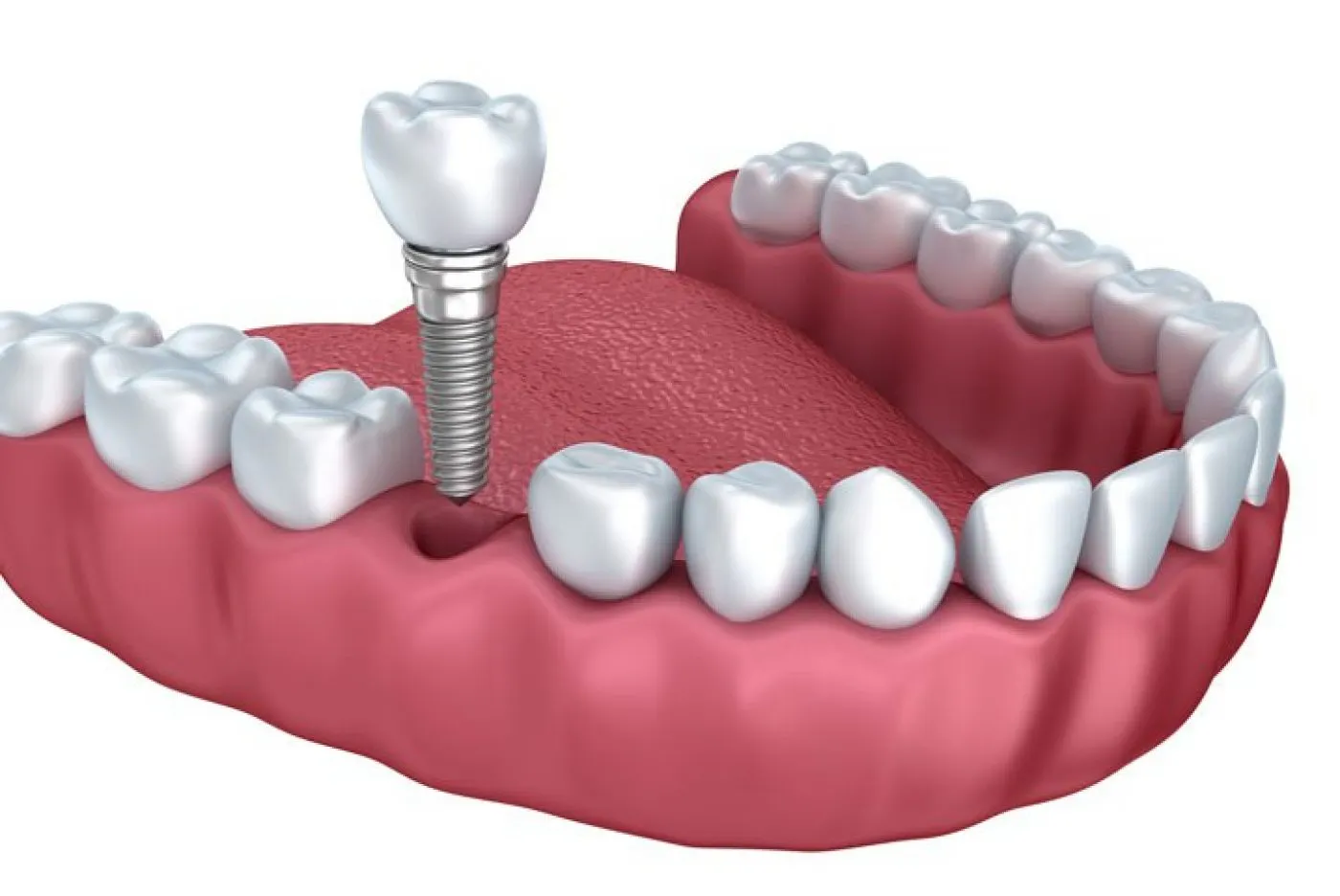Multiple dental implants
Dental implants can be used to securely anchor replacement teeth, leaving you with a new smile that looks and feels so natural, you will forget the teeth are not your own.
Each missing tooth does not necessarily require an individual implant to replace it. Often a more stable and cost-effective approach is to place an implant at either end of the 'tooth gap' and bridge across the implants with a dental bridge. The chewing function is then restored with a minimum number of implants.
Traditional bridge treatments require your dentist to file down the neighbouring healthy teeth, in order to attach the bridge in place. Dental implant technology alleviates the need to damage these healthy teeth, instead anchoring your bridge to implants, bonded with your jaw.
The implant itself is a titanium screw placed into the jaw, to replace an original root. It’s a straightforward process which can be completed under local anaesthetic. The implant will need 3 to 6 months to heal and bond with your jaw bone to provide a solid support for your replacement tooth.
Temporary replacement teeth are usually fitted at the same time as your implant placement, which will stay in place until the final restoration appointment.
Once your jaw has healed, an abutment will be fixed to the implant to hold your replacement teeth (crown or bridge) in place. Abutments are produced in titanium, gold or porcelain, and can come as a standard fit or crafted specifically for you. These options offer a range of aesthetic results, depending on your requirements.
Crowns or a dental bridge are then fitted on top, to replace your missing teeth. Your Burnham-on-Sea dentist will carefully match the colour of your crown to your natural teeth.






